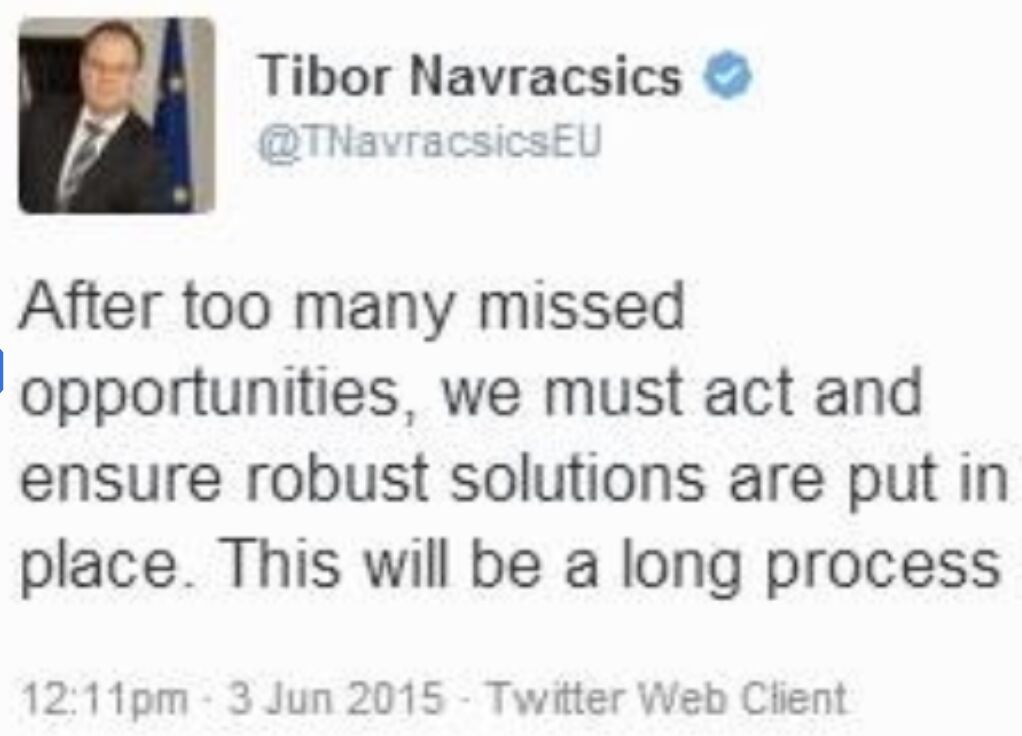By continuing to browse, you accept the use of cookies. To learn more about the use of cookies and our approach to data privacy, click here.
Blog Post
March 2, 2025
By
András Baneth
AI Won’t Replace Consultants—But It Will Expose Lazy Thinking
Many public affairs teams use AI as a fancy spellchecker, rewording the same talking points. But AI isn’t just about efficiency—it can push you to think deeper.

AI will not replace consultants' job (yet). It will nevertheless expose lazy thinking.
Too many public affairs teams use AI as a high-end spellchecker: drafting, summarizing, rewording the same talking points.
But AI doesn’t just speed up work, it can (should) force us to think *deeper*.
Take a classic advocacy goal: "We need to reach policymakers."
Instead of basic brainstorming, prompt it to help you *challenge your thinking*.
-> Go one level deeper and ask: Why?
"Because we want them to hear our message."
-> Go deeper: Why?
"Because we want them to care about our (client's) issue."
-> Keep going: Why?
"Because we want them to change their mind."
So is sending out another policy paper really the best way to do that? Or are we just doing what feels familiar?
-> Now that we found the *core* objective, let's start brainstorming about the best ways to reach it.
AI can’t (shouldn’t) think for you, but it can help you uncover your hidden ideas.
Just push (prompt) it to ask you 5 “why”s, or to state “I want to send a position paper to a lawmaker. Work your way through to the root objective using 5 whys as an approach.”
It can help refine arguments, question your approach, and actually get to the *real* aim—not just the default one.
Efficiency gains are the easy wins. Rather, use it to challenge yourself. To rethink. To help you go deeper.
(Or keep using it the same way and wonder why nobody's mind is changed.)
*This was originally posted on Andras Baneth's LinkedIn account.

